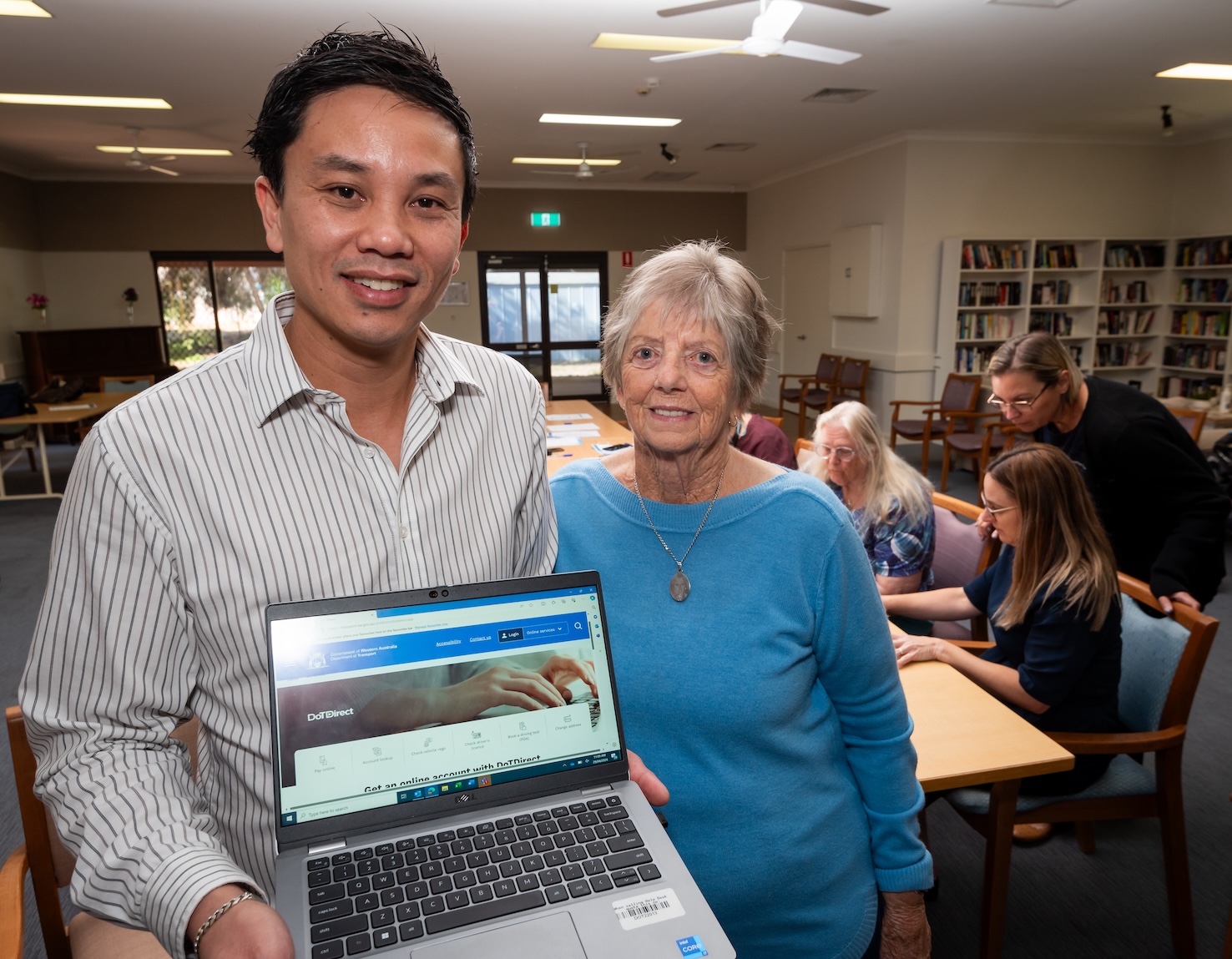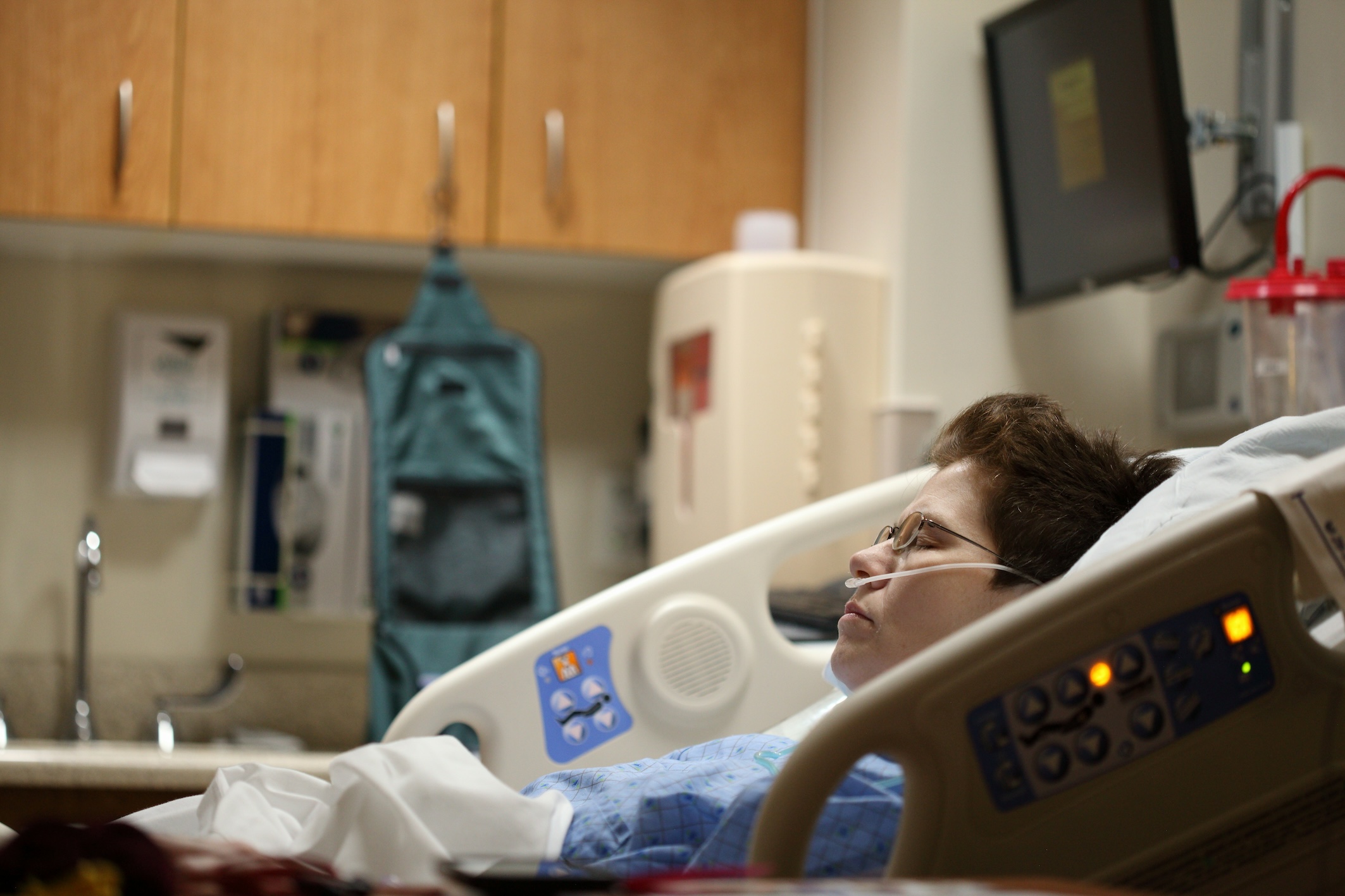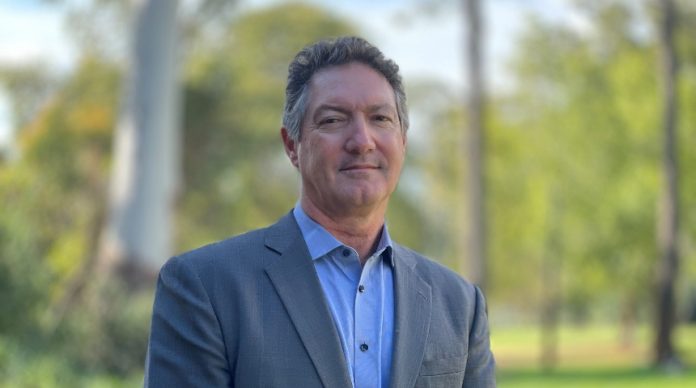Scientists from around the world have issued an urgent call to action for governments to incorporate sleep health into public health policies, with research indicating it’s as important as nutrition and physical activity.
“Sleep health influences every facet of human function and is essential to our heart, immune, brain, and mental health,” Professor Peter Eastwood, co-senior author on The Lancet Public Health paper and Deputy Vice Chancellor Research and Innovation at Murdoch University, said.
“However, across the globe, and particularly in developing countries, national public health agendas rarely consider sleep. It’s vital that changes.”
Research shows that getting less than seven hours sleep each day overlaps with poor general health, poor mental health, poor brain health, including increased stroke, obesity, and high blood pressure.
“Inadequate sleep also has huge economic costs related to its impact on health, wellbeing, safety and productivity,” Professor Eastwood said.
A recent analysis of the costs of inadequate sleep in Australia estimated a total financial cost of $28 billion per annum.
“As with so many health and economic challenges, poor sleep health disproportionately affects socioeconomically disadvantaged groups.”
“So, it’s imperative that we address equity in sleep health across countries, groups, and individuals with lower socioeconomic status, minority racial and ethnic groups, and sexual minorities.”
“Sleep should be promoted as an essential pillar of health, equivalent to nutrition and physical activity, to lift health across the global population.”
Authored by an international group of experts on behalf of World Sleep Society’s “Global Sleep Health Task Force” the opinion essay, recommended three concrete actions for governments, researchers and other stakeholders:
“Despite major advances in our understanding of sleep, the importance of sleep health is still under-recognised by most national public health agendas and educational institutions around the world,” Professor Eastwood said.
“We know that sleep is critical to numerous biological functions that optimise adaptation and function throughout the body, from genes to behaviour, so we need to treat it that way.”
Efforts are needed to ensure equity and inclusivity for all people, particularly those who are most socially and economically vulnerable, and historically excluded.
“The health benefits of good sleep and the adverse consequences of sleep deficiency are abundantly clear,” Professor Eastwood said.
“Although more global data will refine our knowledge base, we know enough to act now, leveraging better global sleep to achieve better global health, especially among disadvantaged groups.”
About World Sleep Society
World Sleep Society is a non-profit organisation registered in the United States with a global membership representing more than 80 countries.
The mission of World Sleep Society is to advance sleep health worldwide. World Sleep Society fulfills this mission by encouraging and facilitating sleep health education, research and patient care throughout the world, particularly in places underserved by sleep medicine.
Learn more about World Sleep Society programs at worldsleepsociety.org































